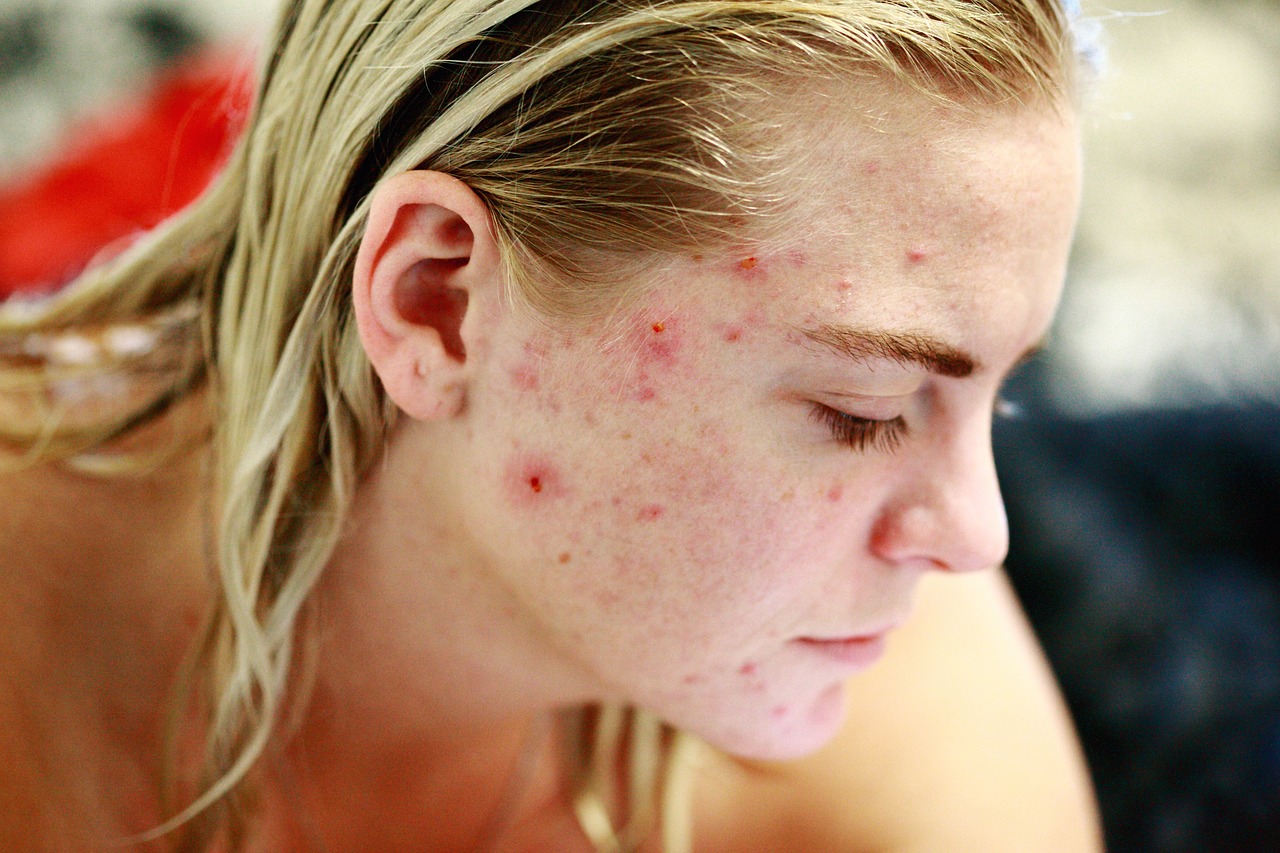A few words about facial acne and pimples
I always give a message to you that health is the root of all happiness, we try our best to keep good health, most of the people have acne on their faces, according to different doctors, it is because of the mental problems of people.

Source
Assalamu Alaikum friends, how are you all, as usual, today I will try to share some health awareness among you, the topic of today's discussion is acne.
Acne is a common skin condition that affects millions of people worldwide. It occurs when hair follicles become clogged with oil, dead skin cells and bacteria, causing acne blackheads, whiteheads, and other types of blemishes. Acne usually appears on the face, but it can also affect the chest, back, shoulders, and other parts of the body.
Several factors contribute to the development of acne, including hormonal changes, excess oil production, clogged pores, skin bacteria and inflammation. Hormonal changes during puberty, menstrual cycles and pregnancy can increase the likelihood of acne. Certain medications, such as corticosteroids and androgens, can trigger acne breakouts.
There are different types of acne, including:
Whiteheads: These are small flesh-colored bumps that occur when pores become clogged with oil and dead skin cells and get stuck beneath the skin's surface.
Papules are small red swollen bumps on the skin.
They are similar to papules but with pus on the top and appear as a red bump with a white or yellow center.
Nodules are large painful hard lesions that develop deep in the skin.
Pus-filled lesions that are usually larger than nodules.
Treatment for acne depends on its severity. Mild cases can often be managed with over-the-counter topical treatments containing ingredients such as benzoyl peroxide or salicylic acid. These products help unclog pores and kill bacteria to reduce oil production. It is important to note that these treatments may take several weeks to show noticeable results.
For moderate to severe acne, a dermatologist may recommend stronger topical medications or oral medications such as antibiotics, retinoids, or hormonal treatments. In some cases a combination of treatments may be recommended.
In addition to treatment, there are several lifestyle changes and skin care practices that can help manage acne
Wash your face twice a day with a mild cleanser to keep it clean.
Avoid scrubbing or picking at acne lesions as this can worsen inflammation and lead to scarring.
Use oil-free non-comedogenic (non-pore-clogging) skincare and cosmetic products.
Avoid excessive sun exposure and always use sunscreen.
Maintain a healthy diet rich in fruits, vegetables and whole grains and avoid foods high in added sugar and fat.
We will all take care of our health. If there is any mistake in my writing, then you will see the news in a positive light.